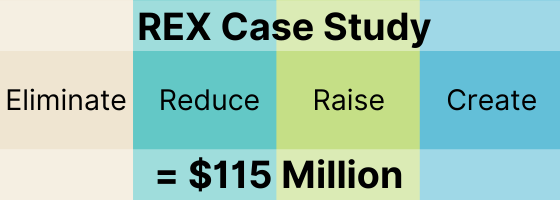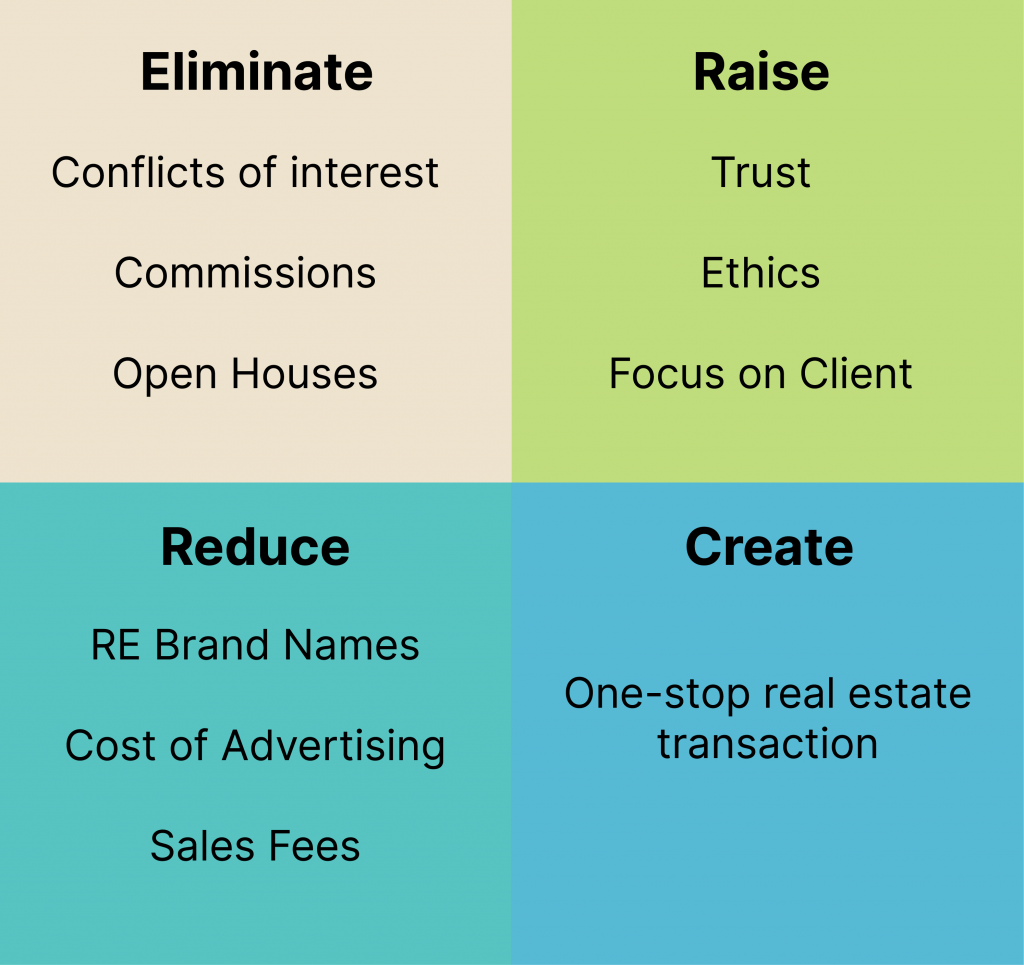
Alrighty, everyone. It is now time to break out our collection of Specifics. This week, we thought we would do something a little bit more fun. Instead of hearing it from us on what real estate is, and how to be incredibly successful in it, we figured we would let others tell you about it. **Pushing the spotlight over. Introducing our three preferred real estate podcasts! From these podcasts, you will absorb what the real estate market is like, tips and tricks, behind the scenes, and humor! Let’s get started with the first act.
Tom Ferry Podcast Experience
Tom Ferry is the founder of Tom Ferry Real Estate Coaching. He is also a renowned icon because his coaching actually works. Stated on his “about” section of the website, their mission is to, “hold professionals accountable to fulfill their greatness.” Additionally, his podcasts and blogs are extremely beneficial when it comes to reviewing every facet of the real estate industry. From high-end clients to just starting out, Ferry has it all.
Ferry has four podcasts: Mindset Monday, The Tom Ferry Show, Podcast Experience, and Throwback Thursday. Of course, as indicated by the subtitle, we are focusing on the Podcast Experience, but we do recommend taking a gander at his other shows. The episode we recommend for first-time listeners is “Episode 44: Optimizing & Operationalizing Your Business with Jeff Mays.“
Episode 44: Optimizing and Operationalizing Your Business with Jeff Mays
Jeff Mays is one of our national speakers, coach, and broker/owner of Coldwell Banker Prime. With over 26 years in the real estate market, Mays and Ferry have a wonderful sitdown discussion on the keys to success in operating your business. Mays also dives into the consequences of not being organized, as well as the importance of organization, which summarily, brings greater structure to your business. In this episode, Mays and Ferry decipher what causes and creates growth. Their answer: GETTING ORGANIZED. Or as they like to chuckle about it, “operationalizing your business.” Before diving into the world of real estate or any type of professional service, you first must deduce what you want and why. From there you should implement a schedule.
“Great growth comes when you get ticked off.”
Jeff Mays.
Nowadays agents and other professionals who specialize in giving quality service, wing their plans. According to Mays and Ferry, this is a big no-no. Further, Mays and Ferry highly suggest doing things efficiently, the same way each time. AirSend can help you take back control of your time. With AirSend, take the liberty to maximize efficiency by doing everything from one platform; send messages, upload documents, assign tasks, and have a powerful built-in file organizer. AirSend. Connecting people to get work done.
Another interesting key point that Mays points out is that we spend our working days avoiding the hour of power. In other words, tasks that should only take two hours to complete, end up taking 8 hours to complete. Because of this, burnout happens. With structure comes with more time. A system Mays suggests that helps with creating organization is simply following your checklist every day. If you are more of a visual or analytical person, take the time to create a Kanban or a Scrum board. With Kanbans and Scrums efficiency becomes fun.
To close out the episode Mays and Ferry propose several questions. In order to operate and maximize op-edge (maximum operationalizing) what is your exceptional service? How do you personalize your services to make your customer service exceptional, and therefore worth remembering? This should be one of your top questions you must ask yourself every day when creating your business. This question will not only define what your business is, but it will also be the essence of which you stand for.
Whew! What a great first act! It’s always best to blow away the audience with one of your best acts, however, in this blog post, we have two more amazing acts that will guarantee blow the socks off your feet. Or perhaps blow your mind away. Let’s move on to our second podcast.
Real Estate Rockstar Radio
Pat Hiban is the host and founder of Real Estate Rockstar Radio. His mission is to find and interview rockstars in the real estate industry (who would’ve guessed). Pat Hilban is also a New York Times Best Selling Author, and he is now delivering his insight into his triweekly show. Each episode addresses success, failures, tips, and tricks within the bustling industry. The episode we suggest listening to is, “Episode 865: Success Through Service With Commerical Real Estate Expert Jonathan Keyser.”
Episode 865: Success Through Service With Commerical Real Estate Expert Jonathan Keyser
With more than 20 years in the Commercial Real Estate Industry, Jonathan Keyser has become one of the most famous commercial real estate agents. Not because of his talent of surviving in a cutthroat industry, but by actually doing what he believes is best: reaching success by helping others reach their success. Thus came his business Keyser Real Estate. In today’s episode, one of the leading questions that frequently are asked is, “how do you grow and prosper in the real estate environment?”
“You don’t have to be ruthless to win.”
Jonathan Keyser.
Indeed. Keyser’s argument, in its essential form, is to create success by helping others succeed. Keyser uses his statement and likens it to hunting and farming. When we hunt, we think for ourselves. How do I survive? With farming, there is patience, care, attention, and resulting in eventual growth. The way farming is applied to Keyser’s argument is simple. Invest your time in people and relationships. Much like growing a tree in your backyard. Every day you must water it, tend to it, and care for it.
The idea of investing in relationships leads to successful futures. However, this is a long game, one that takes on average five years to complete. But, as Keyser boldly admits, he was miserable with the way he was killing it in the industry. He found himself misaligned with his values and for that, he reinvented himself and blossomed into a fruitful success. The way investment in relationships work is that they prove valuable in the long run. With value comes referrals.
“You truly can create extraordinary success by helping others succeed.”
Jonathan Keyser.
So, how do we apply this value to relationship building? Well, according to Keyser, you must provide a different level of service. Think about your clients’ families, the values you want to create, and how you would like to share these values. Note, doing the right thing because it is the right thing should not be the guiding business principle. Selfless service is brought on by the most self-interested strategy.
“Being kind is not being weak.”
Jonathan Keyser.
The way to best implement the selfless service ironically is through the self-interested strategy, and here’s why: the self-interested strategy should be implemented in the mindset of how you can help others effectively and to the best of your ability. This type of mindset actually increases production, business, and service.
Your approach should have one major task: with every client, you interface with, what are three ways you can be of service to them without expecting anything in return. Through building relationships, be very present, listen, and ask probing questions. Think about who are the people that can impact you and how can you help them in return. Keyser continuously stresses that serving people takes a lot of work, but the endless success is worth it. Finally, Keyser departs some words of advice to all rookies and experts in the real estate world and the business industry: Think big.
Well, how was that podcast for an awesome act? But don’t start quieting down. We still have one more seat rocker to show ya, that will, like the others, inspire the hell out of you.
BiggerPockets Real Estate Podcast
BiggerPockets is a company that caters towards helping realtors become successful. They offer content, tools, valuable tips, deals, financing, finding partners, and how to avoid mistakes when making the best investing opportunity. Their mission statement: BiggerPockets is a complete resource for anyone looking to succeed in real estate investing. With all that being said, allow us to finally lift the curtains for the final act. The episode up for discussion today is, “Episode 359: Using an Agent to Find Your First (or Next) Deal With Ryan Meinzer, Stephanie & Hero Cruz, and Rob Kishi.”
Episode 359: Using an Agent to Find Your First (or Next) Deal
Before diving into this episode, we would first like to note that we will be giving a short summary of one out of the three guests. This way you can go find out who BiggerPockets is, and the other essential house hacking tips you can learn. The entirety of this episode revolves around various types of house hacking. House hacking is a great real estate investment strategy when owning multi-family rental properties. House hacking is when you live in one of the multiple units of your investment property as your primary residence, and have renters from the other units pay your mortgage and expenses.
The first guest on the show is Ryan Meinzer. He recalls his experience of house hacking in the most expensive part of the country, California. What is remarkable about his technique is that he is living for free. One of the key tricks that Meinzer implements is the TIC: Tenancy In Common. TIC is a joint tenancy between at least two people. Meinzer gives the example that if you have a duplex, two people own the property together, but they respectfully finance their respective units. The perks to this are that prices were significantly marked lower.
Another perk Meinzer mention is having an agent for assurance and giving the boost of confidence we all need when making a huge financial decision. This, of course, is one of the definite perks and hacks to house hacking. For more information on house hacking and what has worked and not worked for people trying to get in the game, check out the rest of this episode.
Each podcast mentioned brings in their own expertise and specialized knowledge to real estate. From what you need to know, to the secret hacks no one tells you about. Additionally, anyone can learn some insight into the real estate industry and what to look for as a client. With the final act done that concludes this blog post on our favorite real estate podcasts.
AirSend helps real estate agents create a versatile digital workspace to share files, send messages, and complete tasks. See how AirSend can help you.












